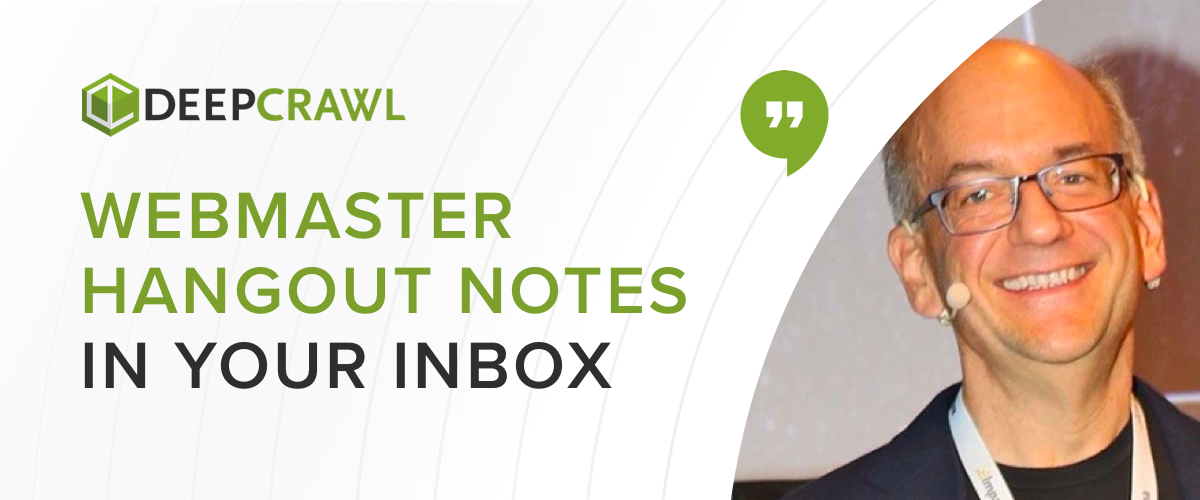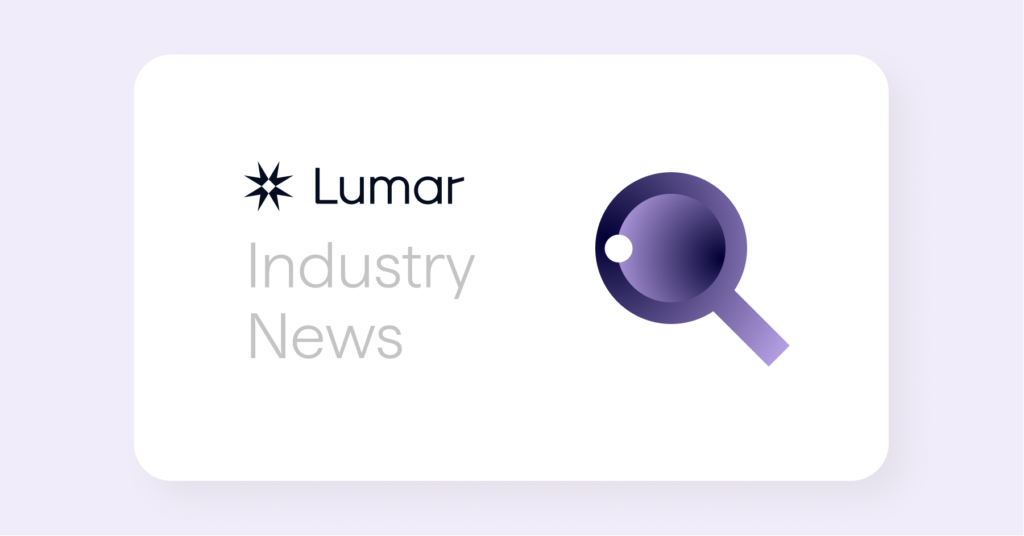Notes from the Google Webmaster Hangout on the 18th of October 2019.
Canonical Tags Should Remain The Same Between Desktop & Mobile Sites Even With Mobile First Indexing
If you have a separate m. version of your site, the canonical should remain pointing to the desktop version, despite mobile-first indexing. This is because Google will use the canonical tag to understand which of the pages belong together. Internally, Google will pick the mobile version as canonical.
Only One Version of Same Content On Different Country Sites will be Indexed & Appear in GSC Performance Reports
If you have the same content on multiple language variation sites, Google will pick one to index but will use hreflang attributes to swap out versions of the page based on a user’s location. However, only the page that has been chosen to be indexed, and used as the canonical, will be displayed in the GSC performance report.
Google Checks Status Code Pages Before Attempting to Render
Google checks the status code of a page before doing anything else, such as rendering content. This helps to identify which pages can be indexed and which pages it shouldn’t render. For example, if your page returns a 404, Google won’t render anything from it.
Implementing Dark Mode Option Will Not Affect a Site’s SEO
Implementing dark mode on a website will not impact SEO. This is because it is usually implemented by CSS, which doesn’t affect how Google is able to crawl, render or index a site.
You Can Publish Different Language Variations of Content Without Using Subdomains or Subdirectories
Content in different language variations should be on different URLs, but it doesn’t necessarily need to be put on subdirectories or subdomains. For example, this could be achieved with different parameters.
There is No Way to Choose Date Google Will Show For a Page in Search Results
There isn’t a way to display the last updated date rather than the published date in search results. However, Google tries to work out which date would be most appropriate to display. This could also be the date when it first saw the page or when it saw the page was last updated. In a lot of cases Google will not show the date at all, as it doesn’t see this as an important thing to display.
Using Noindex Header Tag Will Not Prevent Google From Viewing a Page
Including a ‘noindex X-Robots-Tag’ HTTP header directive on a sitemap file will not affect how Google is able to process the file. You can also include this directive on other documents such as CSS files, as it will not affect how Google views them, instead it will just prevent them from showing up in a web search.
Use Testing Tools to Identify if Your Site Has Hacked Content That is Being Cloaked
If you suspect you have hacked content that is currently being cloaked from search engines being able to see, John recommends using testing tools including the inspect URL tool in GSC to identify if Google is finding this content.
Be the First to Know About the Latest Insights From Google






